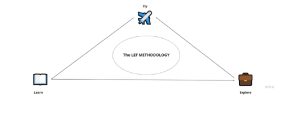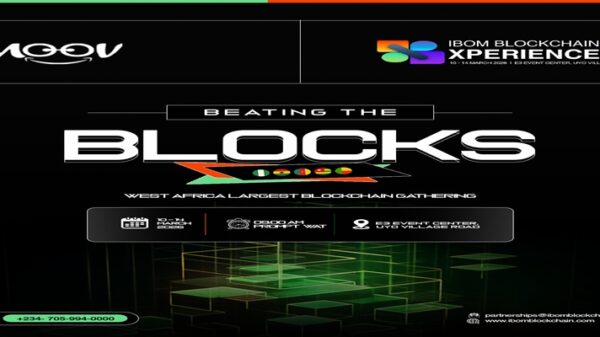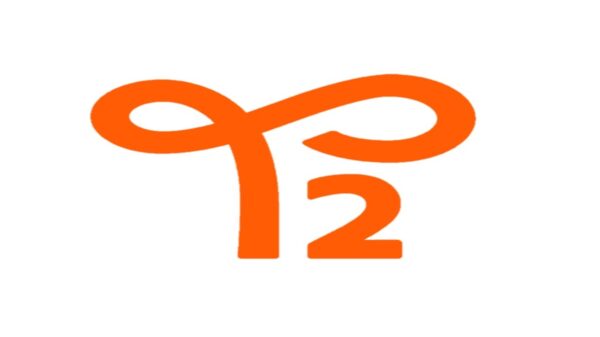By: Prince Osinachi Nchiba
As a global authority in the software engineering space, I get asked a lot about how to become a software engineer. My career transition story proves that being a software engineer is not a far-thing. I am always excited when I speak to large gatherings of people and I reflect or share my story on my tech journey so far.
So let’s start with how I transitioned…
At the age of 13, I always wonder how our software engineers solve and fix some of the world’s biggest issues.
These situations piqued my interest and I started to research software engineering. I took a couple of courses and I developed myself till I was able to write my first line of code.
The most defining moment for me was when I got my first foreign remote job. I got more confident and delivered on many key projects. I have also been recognized as a software engineer leader by various organisations as a result of the successes I have recorded as a software engineer. Hence, this article will present a blueprint of how anyone can become what I am right now and start their software engineering journey.
Here are my suggestions for people looking to transition; I call it the LEF methodology. LEF is an acronym for Learn, Explore and Fly.

Step 1- LEARN
The first thing you need to do is learn. And learning involves education beyond the walls of a school. You need to learn the concepts and fundamentals behind a software. Here is my personal recommendation of courses you can take:
-ALX Africa’s Software Engineering Course: This is a Nigerian-based ed-tech platform. They offer a bouquet of digital learning solutions. I enjoyed their software engineering programme.
-Coursera’s Software Engineering Certification: This is a paid certification programme. It is globally renowned and they offer one of the best software engineering courses.
-Udemy’s Software Engineering Online Course: This is one of the easiest courses I have ever taken. They have one of the best resources and a rich library of information.
Another part of learning is joining software engineering communities and groups. Learning from peers is powerful. Here are some of the communities I would recommend:
-Google Developers Group: This is one of the largest developer communities in the world. They have a huge presence in Nigeria and I was a part of it.
-Hashnode: Hashnode is an online community where developers share knowledge and grow their careers. Developers from around the world participate in consequential discussions on Hashnode.
-StackOverflow: This is a tech community where you can ask all your questions about difficulties you face when coding.
Step 2- EXPLORE
Explore everything but carve a niche for yourself. As you know, software engineering involves three core aspects:
-Frontend: This involves building the interface and functionality users see. Examples of frontend languages are HTML, CSS, Javascript, React, Angular, Vue, jQuery, Swift, and so on.
-Backend: This aspect involves the behind-the-scenes of the application, that is the server, the database, etc. Examples of backend frameworks are Node.JS, Express.JS, Python, PHP, Java, Ruby, Golang, C#, SQL, etc.
-Mobile: This aspect involves the development of apps that phones use. The languages that can be used are React Native, Kotlin, C++, Flutter, etc.
Try to choose a segment to start with and narrow down on it. I have heard of people not knowing what to pick up. I would advise you to pick up from the basic frameworks before advancing to the advanced ones.
Step 3- FLY
This final part involves “taking action”.
Like a wise man once said, to fly, you have to run. Running here means you putting yourself out there. Here are the steps I advise you follow:
· Participate in hackathons.
· Work on personal projects.
· Build your portfolio.
· Share your milestones with the public (e.g your first deployment, etc).
· Apply for internship roles
· Brush up on interviews
· Get a mentor and be around industry authorities
These are just to mention a few. If you need help you can write to me here.
![]()





























































